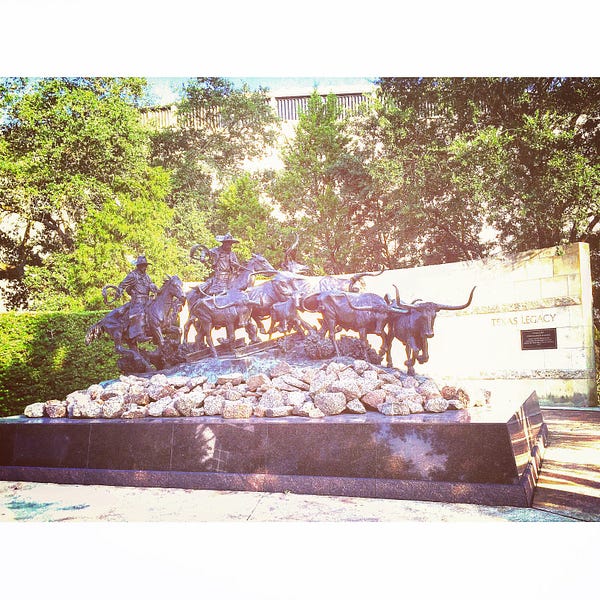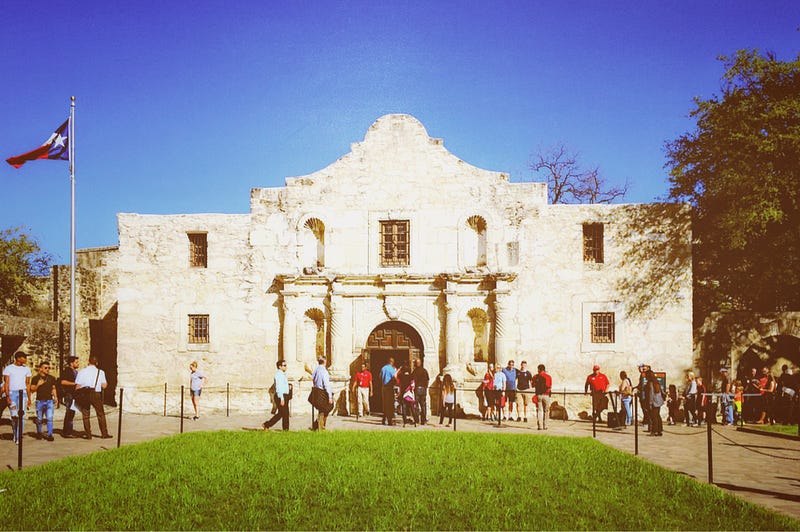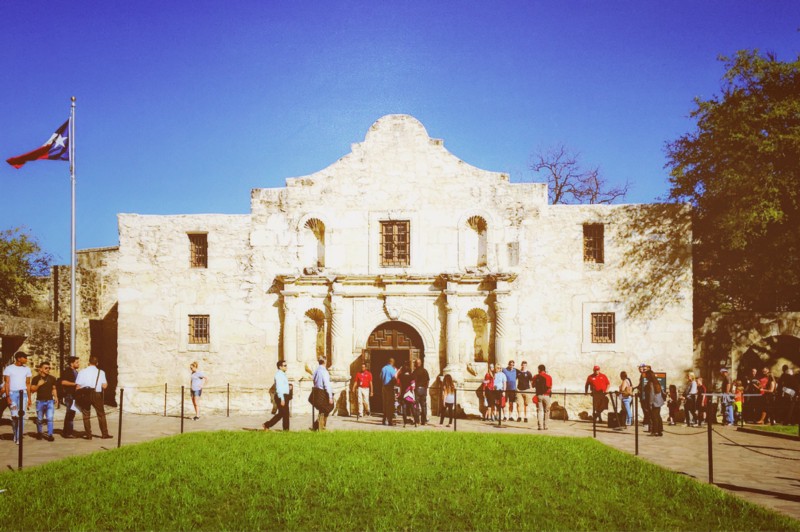Action Civics in the Lone Star State: A return to government after Hurricane Harvey
by Lucianne Nelson, Central Texas Program Associate

When my parents announced that we would be moving from California to Texas, my 13 year-old self immediately envisioned a wild west that was identical to the frontiers of John Wayne movies. I fully expected that we would be living in a bleak country town, with tumbleweeds blowing bleakly across the otherwise empty horizon. I quickly discovered, though, that Texas is far more diverse than I had given it credit for. Sure, there are still vast expanses of nothing where the sky goes on forever. But, Texas is home to major urban areas like Dallas, Houston, San Antonio, and — of course! — Austin. Texas is also an incredibly diverse state: every race and major world religion is represented here.
Perhaps unsurprisingly, our state is experiencing significant growing pains as we struggle to build an identity that reflects this diversity and fully represents every Texan. Recently, federal judges invalidated two Texas congressional districts, finding that Hispanic voters were “intentionally deprived of their opportunity to elect a candidate of their choice.”[1]

The recent landfall of Hurricane Harvey has reminded Texas of the essential function that all levels of government fulfill in preparing, warning, and helping citizens throughout emergency situations. Over the course of the past week, citizens in communities across the state and the country have unified to help the victims of Harvey. While this outpouring of support has been incredible, the Gulf region will nonetheless require federal aid as it grapples with the widespread impact of Harvey’s subsequent devastation. Because our identity is so tied to the ideal of limited local control, our “new normal” in the aftermath of Harvey will likely push Texas to re-evaluate the relationship between the state and national levels of government. This newfound dependence on the assistance of the national government undoubtedly adds another dimension to the growing pains that we are already experiencing.

Unquestionably, growing pains like these are uncomfortable. Texans are not proud that we have struggled with drawing representative districts. As Texas searches for a balance between our traditional ideals and having a strong relationship with the national government, we are fighting to determine what kind of state we are going to be. However, a reassuring truth about growing pains is that they are always succeeded by development and maturation. As Texas continues to refine our understanding of who we are and what our state identity should be, I believe the demand for citizens to be actively involved at a local level is going to continue to increase dramatically. It is especially vital that students here know that their voices have power and that they can shape our state through their local communities. There is a growing need for Action Civics. There really is no place like Texas, and I am excited that we have the opportunity to begin implementing Action Civics education in the Lone Star State!
[1] http://www.southerncoalition.org/wp-content/uploads/2017/01/show_temp.pl-1.pdf
Generation Citizen is a nonpartisan, 501(c)3 tax exempt organization which does not endorse candidates; our goal is to engage our staff, participants, and stakeholders in political and civic action on issues that matter to them personally and in their communities. The opinions expressed in this blog post are those of the writer alone and do not reflect the opinions of Generation Citizen.
